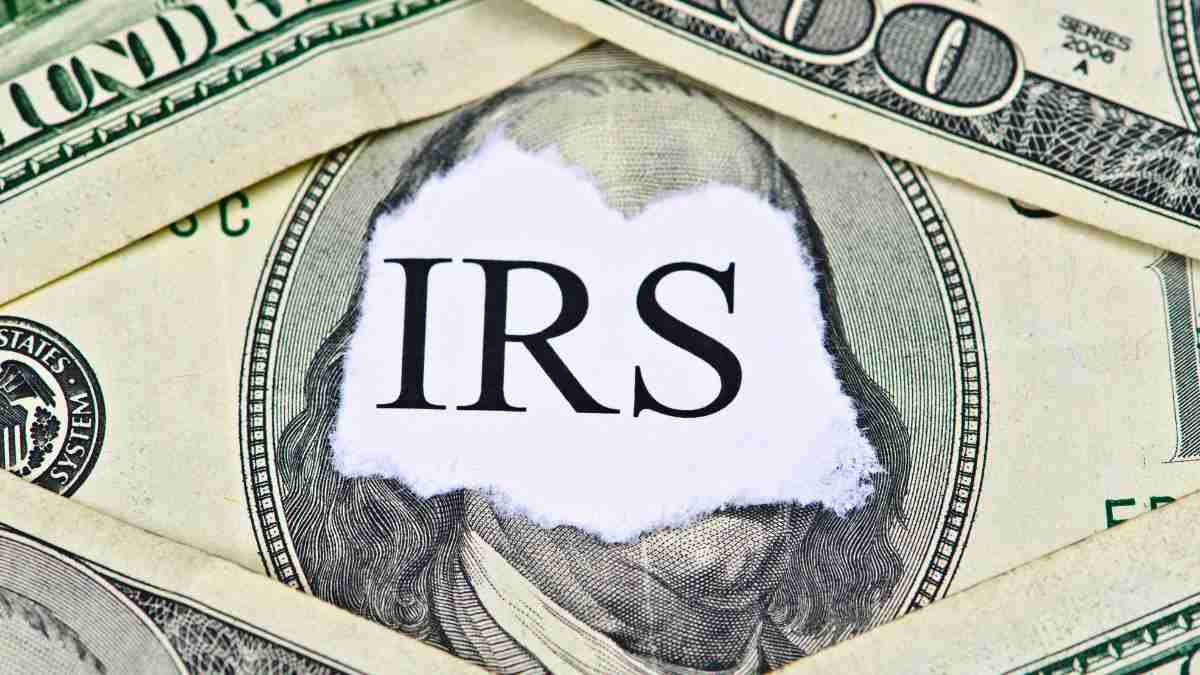The Internal Revenue Service (IRS) reminds retirees to make required withdrawals from their retirement plans. This is because these retirement plans have a year-end deadline. Therefore, it is essential retirees withdraw what is necessary before the deadline.
This warning is particularly important for retirees aged 73 or older. Do not forget that this deadline is not just for individual retirement arrangements (popularly known as IRAs), but also for other retirement plans. The IRS also emphasized the updates that were introduced by the SECURE 2.0 Act.
Why should retirees aged 73 or older take the required minimum distributions set by the IRS?
According to the Internal Revenue Service, a required minimum distribution (RMDs) is the amount of money that retirees who have IRA accounts or other retirement plans must withdraw every year.
For your information, the IRS considers these distributions or withdrawals taxable income. Hence, you may have to face penalties if these withdrawals are not taken when you must.
This means you cannot keep retirement funds in your retirement plan account forever. In general, retirees have to take distributions from their IRAs SEP IRA, SIMPLE IRA, or other retirement savings plan account when they turn 73 years old.
What does the IRS say about Roth IRAs?
Actually, the Internal Revenue Service claims that you are not required to take distributions from Roth IRAs. It is the same thing for Designated ROth accounts in a 403(b) or 401(k plan).
Of course, this is as long as the account owner is alive. Nevertheless, if you are a beneficiary of a Roth IRA or even a Designated Roth account, there will be required minimum distributions conditions.
Hence, you will have to follow these withdrawal rules if you are a beneficiary. Do not forget that RMD is just the minimum amount of money you must take out every year. Of course, you can get more money if you need to as long as you pay the taxes the IRS set if it is taxable income.




